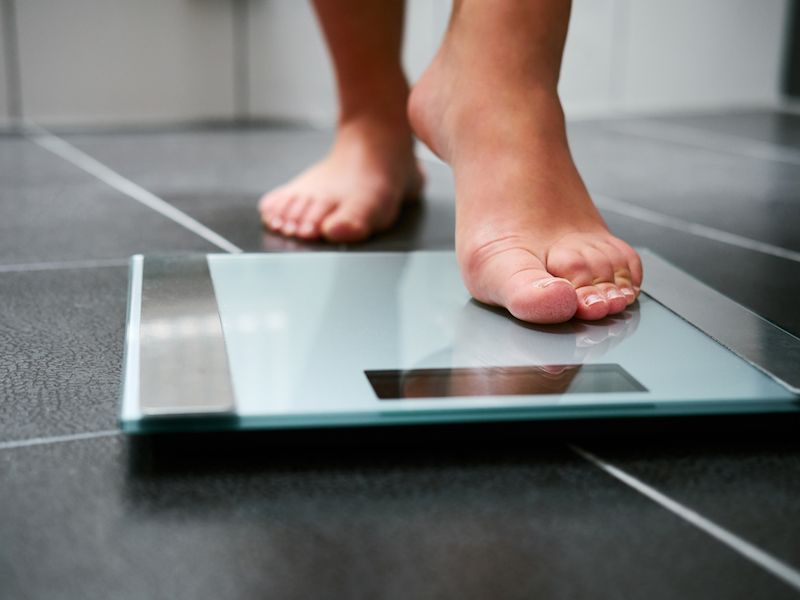
It’s well recognized, that over time, overeating will be harmful to your health. There are several health conditions related to obesity. Heart disease, high cholesterol, diabetes, and you can put hearing on the list, as well. It’s estimated that about 48 million individuals in the United States, hearing loss is an issue for approximately 20% of the U.S population, and in adults it’s almost twice that number, 93 million, are obese. These numbers are shocking and point to a serious health concern throughout the country.
What is The Connection Between Hearing Loss And Obesity?
Several studies have revealed that loss of hearing and obesity have a connection. Exactly what that connection is, is still being studied, it’s assumed that obesity is connected to hearing loss because the circulatory system is impacted. Additionally, obesity is connected to high blood pressure and diabetes, which are also linked to loss of hearing.
Our inner ears are filled with little hairs that detect sound in the ear. So that they can function correctly, these little hairs, called stereocilia, need a steady flow of blood. Obesity restricts the blood flow in the body because, in order to get the blood flowing throughout the body, the heart must do more work, which means that there is not enough blood flow available to your ear. The ears can be permanently injured by this. Diabetes, high blood pressure, and heart disease affect the inner ear in a similar manner, since each of these conditions adversely impacts your circulation.
Keeping your weight under control is particularly relevant as you age since age-related hearing loss and a high index of fat mass are also related. When you were younger, your body’s metabolism worked faster and more efficiently, which is the reason why you need to try to stick to healthy habits that you started when you were younger.
Your hearing and your overall health are helped by a healthy diet.
Treatment Options For Obesity-Related Loss of Hearing
It’s a possibility that you might not be able to recover your lost hearing if it’s brought on by obesity, still, it’s always good to get your hearing screened to identify the scope of your loss of hearing. If the injury is permanent, you may require a hearing aid or other device to begin hearing properly again.
If the injury is not that severe, you might have considered trying to see your physician about initiating an exercise and diet program to minimize the effect your weight has on your health before it gets any worse. Your doctor should set up a cardio intensive exercise program that will improve your overall health and get your blood pumping. There will be, most likely, other improvements in your life as well, such as mental health, since consistent exercise will lessen depression according to a lot of research.
Obesity-Related Hearing Loss, How to Prevent it
In order to stop obesity-related hearing loss regular exercise and a healthy diet are a must. Your ears will most certainly be kept in better shape if you keep yourself healthy. One way to get started is a consultation with a nutritionist who can help develop a strategy that is individualized for you and is targeted on helping you achieve your goals. The role of the nutritionist is to make sure you’re consuming the correct mix of nutrients in nutritious foods, foods that are high in iron, for instance, because of course, a lack of iron in your diet can exacerbate your hearing loss and result in tinnitus.
Discover more concerning hearing loss and how you can hear better with the right treatment method.